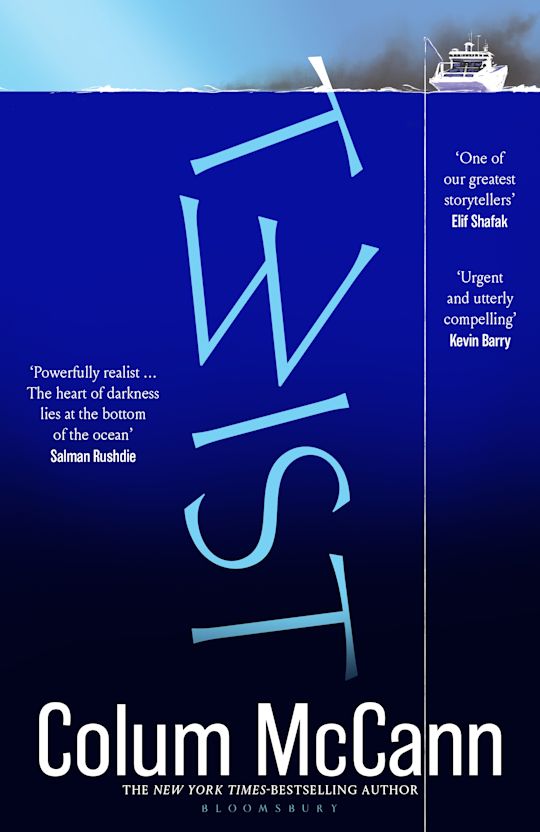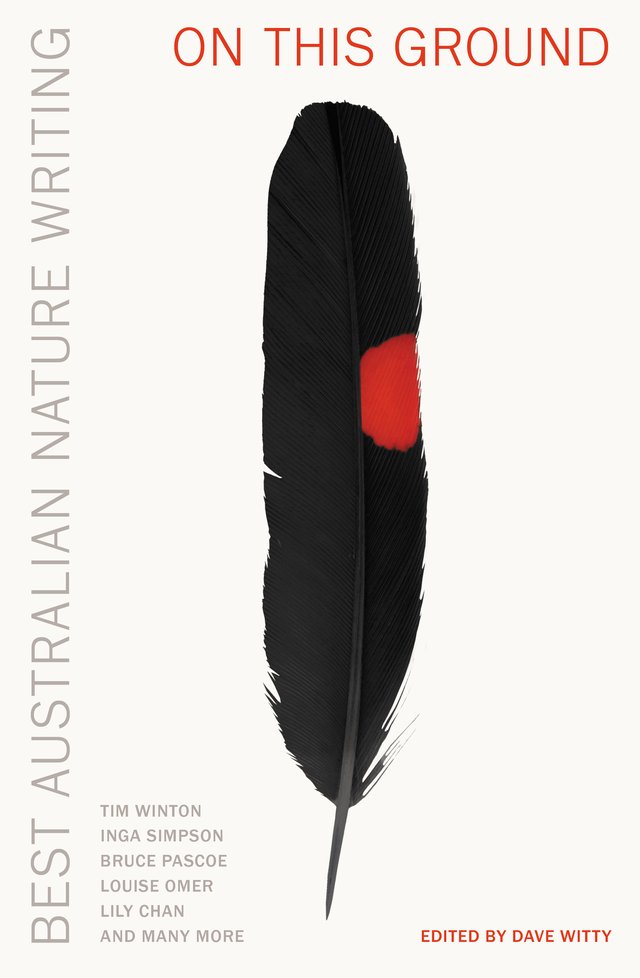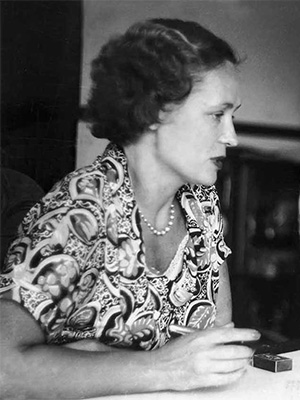Iphigenia among the Taurians
University of Chicago Press (Footprint Books), $19.95 pb, 74 pp, 9780226203621
Iphigenia among the Taurians by Euripides (translated by Anne Carson)
Creativity is always an exercise in recycling. Vision comes from revision. In the ancient world, such wisdom was institutionalised; the task of the poet was to powerfully exploit a cultural storehouse of existing plots. Thus the early Greek playwrights reworked the same complex of myths. However, stories are inexhaustible, something that Scheherazade, in another ancient text, teaches us. Certainly, Greek myth continues to be a rich source of inspiration. Over millennia, writers, artists, composers – even psychoanalysts – have returned to the material of the Greek poets. Translators of the Greek classics form part of this revisionary and creative enterprise.
Euripides’ Iphigenia among the Taurians, translated by the Canadian Ancient Greek scholar and poet Anne Carson, returns to the tragic story of the House of Atreus. According to that story, summarised at the start of this play, Agamemnon sacrificed his daughter Iphigenia to the goddess Artemis in order to cure ‘the disaster of windlessness’ that befell his ship as he set sail for Troy. The distraught Clytemnestra then murdered her husband upon his return from the war; he had compounded Clytemnestra’s grief over the loss of her daughter by returning with a mistress (Cassandra). Subsequently Clytemnestra’s son Orestes (with help from his sister Electra) murdered his mother to avenge his father.
Continue reading for only $10 per month. Subscribe and gain full access to Australian Book Review. Already a subscriber? Sign in. If you need assistance, feel free to contact us.










Leave a comment
If you are an ABR subscriber, you will need to sign in to post a comment.
If you have forgotten your sign in details, or if you receive an error message when trying to submit your comment, please email your comment (and the name of the article to which it relates) to ABR Comments. We will review your comment and, subject to approval, we will post it under your name.
Please note that all comments must be approved by ABR and comply with our Terms & Conditions.